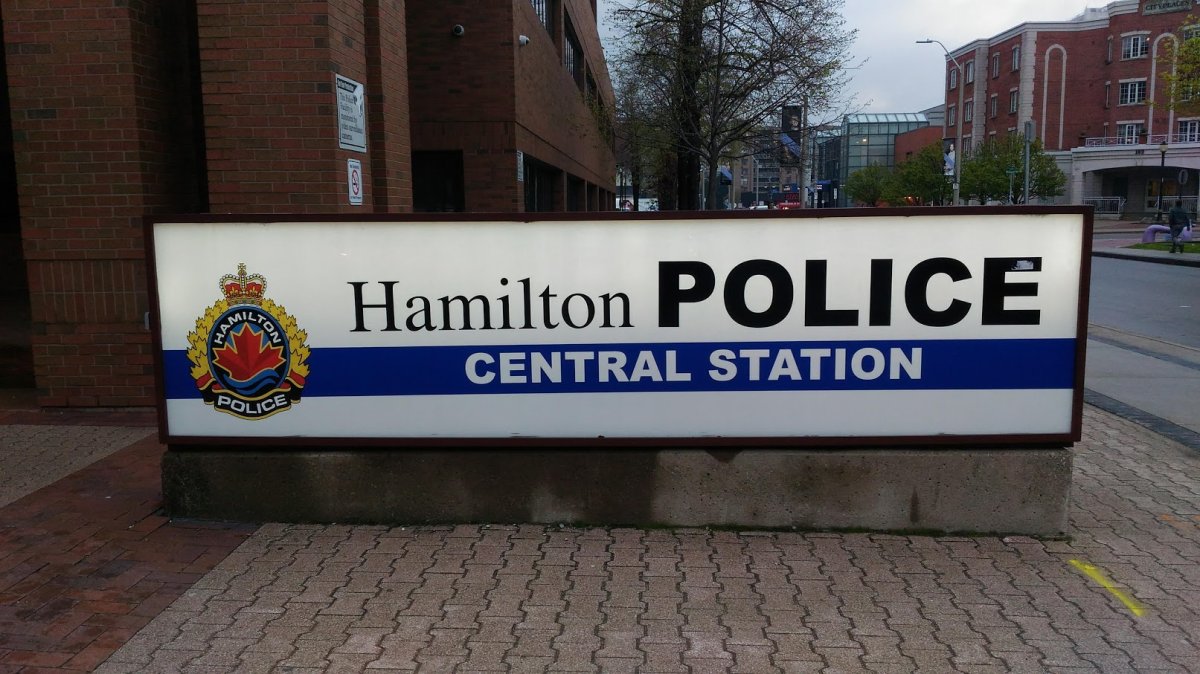A report going before Hamilton’s police board on Thursday is recommending against testing body cams on officers.

The service has been looking at the prospect of Body Worn Cameras (BWC) since 2015, and despite significant improvements in the technology over five years, the report suggests the “true impact” of the devices is still “widely debated.”
At the heart of the rejection – after five years of review – is whether there’s an “identified benefit” that outweighs the cost and “impacts on privacy.”
The report, compiled internally and also drew from studies conducted by Cambridge University involving the use of the technology in a small California city – says current research has been “slow to occur” and “inconsistent.”
The board’s report says that despite some of the research showing drops in “use of force” and “complaints” statistics, it’s not known if the BWC technology was actually responsible for it.
Another part of the research suggested the cameras “exacerbate” already strained relationships with the public particularly if the technology is used to hold the public accountable rather than police.
The studies also revealed that BWC deployment was primarily used to address complaints from the public. The report reveals that between 2016 and 2018, there have only been 331 complaints from the public about Hamilton police which represents about one per cent of the 1,069,519 calls for service over the same period of time.
Another factor in the board’s decision to hold off was cost.
In 2014 estimates provided to the police steering committee for a two-year pilot project suggested a cost of $859,847 for a test of 100 cameras.
The cost of the hardware is only one item in that budget; there’s also storage of the video and the biggest line item — wages for technicians to run the program — estimated at $774,947 over the two years.
- Canada’s most wanted list: Toronto suspect in fatal shooting at No. 1
- Gas station clerk stabbed several times during violent attack at Ultramar in Montreal
- Man acquitted in Tina Fontaine murder found dead, says her aunt
- Canadians should expect politicians to support right to bail, Virani’s office says
Kevin Bryan, a former Hamilton police officer now with Seneca College, told Global News he agrees with the recommendation to pass on the BWC project.
Bryan believes there is some benefit to the technology but it’s not justified against the potential cost.
“Not only do you have to give them a copy of your notes, a copy of the evidence against you, now, you also have to give them a copy of the recording that took place between yourself and the individual,” Bryan suggests in a typical encounter between an officer and the public.
“There is a tiny bit of benefit to it, but in my opinion on the overall case, it doesn’t justify that.“
When asked whether Hamilton police may ever see body cams, Bryan said it seems very unlikely.
“Ninety-nine per cent of police in interactions with the public, go very well. As for the one per cent that don’t go very well, you know, there are other methods to deal with that.“





Comments